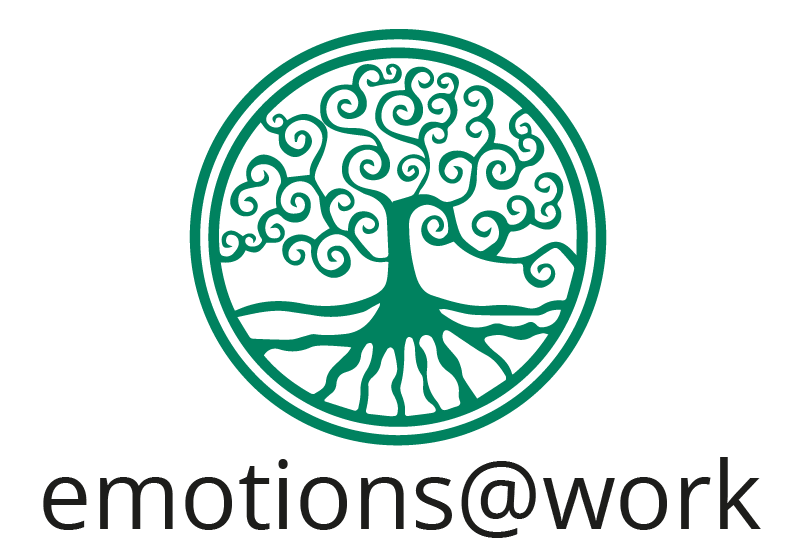A very important pillar of emotional competence is self-awareness. By incorporating self-awareness into our decision process, we can leverage our initial position and generate a result that is in line with our desired outcome.
Increase your awareness by answering the following questions:
1. Which decision-making style are you using?
Our decision-making process is heavily influenced by our decision-making style: (1) Impulsive decider: “Decide now; think later”, (2) Fatalistic decider: “Whatever will be will be”, (3) Compliant decider: “If it’s okay with you, it’s okay with me”, (4) Delaying decider: “I’ll think about that tomorrow”, (5) Agonizing decider: “I can’t make up my mind”, (6) Intuitive decider: “It feels right”, (7) Paralytic decider: “I know I should, but I just can’t get with it”, (8) Planning decider: “I am the captain of my fate; I am the master of my soul”1, (9) Play Safe decider: “Least amount of risk” Each style represents a decision-making strategy.
Align the decision-making style to the strategy. Keep in mind that the strategy we chose is influenced by the nature of the decision subject, the emotional attachment, and the magnitude of the foreseen consequences resulting from the decision.
2. In which context are we evaluating the decision?
We draw on past experiences and on limiting beliefs while evaluating a decision that is normally based on a new and unique situation.
Remove meanings: now is a new opportunity to make a decision based on a clean emotional and contextual slate
3. How are you currently feeling?
What is your mood? Evaluate your energy and pleasantness level before making a decision. In case you find yourself feeling very emotional or agitated about the subject take your distance.
Give yourself time to regroup and reevaluate the decision with a positive emotional charge. After a good night’s sleep start fresh with a clear head.
4. How confident do you feel now to make a decision?
We tend to “Pregret” before making a decision, basically overthinking and overanalyzing the results, therefore, losing confidence across the process and ending up trapped in an internal struggle.
Don’t overthink, retain your secure and don’t feel regretful.
5. At what time of the day we are making the decision?
This has a saying on the quality of the decision. The decision-making power is a depletable resource, be aware that the quality of our decisions begins to erode during the course of the day, as our fixed amount of willpower is used up.
Make a decision when you feel fresh.
[1] Dinklage, L. B. 1968. Decision Strategies of Adolescents. Unpublished doctoral dissertation, Harvard University, Cambridge, MA
FURTHER REPRODUCTION PROHIBITED WITHOUT PERMISSION OF THE AUTHOR

